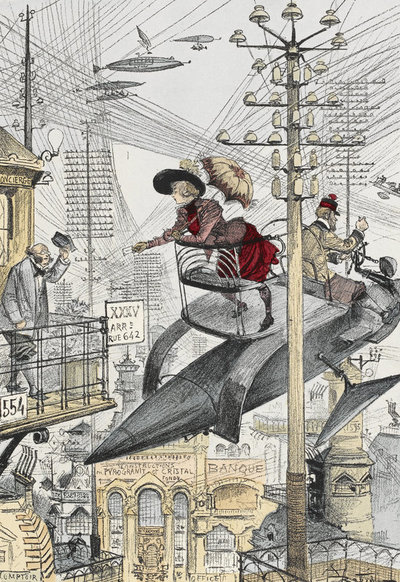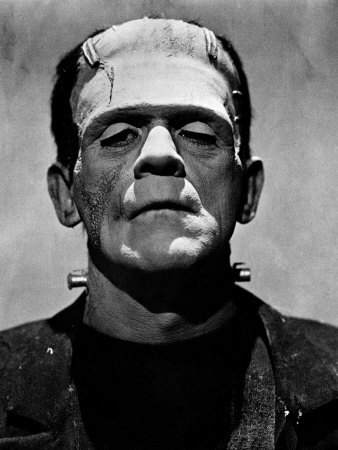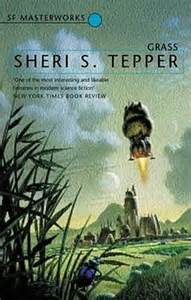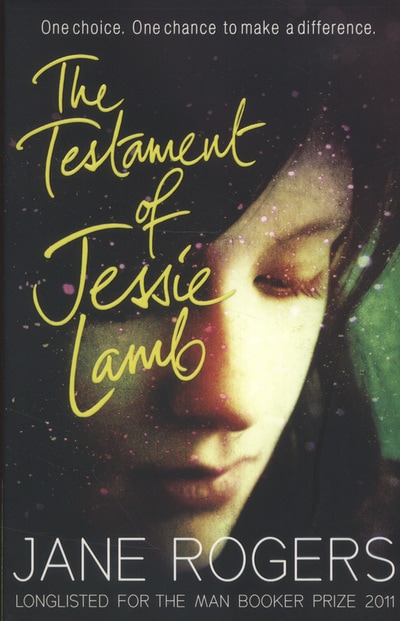|
Aliya Whiteley, The Arrival of Missives, Unsung Stories, 2016. I started reading with a groan: The Arrival of Missives uses a first person narrator who is a naive and arrogant teenager in love with her teacher. My amount of patience for fictional teenagers is extremely limited and I was thinking that this was turning into a disaster by page 15. So how was I supposed to know that, upon reaching the end of this short scifi novel, some 80 pages further, I'd be standing up on my sofa, elated and the fist raised? Shirley is 17 and lives in a village of England. We are after the Great War and her teacher, Mr Tiller, is a young wounded veteran she's hopelessly in love with. One night, she spies on him in his home but what she sees will change her and change her world. If you want to be as surprised by the novel as I was, stop reading right now and just go buy it. I won't write any actual spoilers but to properly review, I'll have to delve into The Arrival of Missives' themes and thus revealing some aspects of it in the process. The Arrival of Missives is mainly a coming of age novel as we follow Shirley, your usual teenager, arrogant, head full of naive romance, slowly becoming a determined young woman as she begins to assess more realistically the world around her and her place within it. But it is also a strong feminist story. It creeps on you subtly because the first contact with Shirley certainly doesn't encourage that. But as her story progresses, the feminist aspect rears its head and suddenly wallops you with a big club. Nonetheless, I could give this book to my Gran who maybe heard of the word 'feminism' once on telly back in the 80s and she would still understand Shirley's journey. It is a feminism that goes back to the very roots of it and thus making it universal. What it says isn't provoking, isn't avant-garde, isn't ground breaking. But it's a simple and effective demonstration that, I think, will touch more people because of it. Whiteley also expands the feminist theme to race issues. It's barely a few sentences, but in a novel that is 83 pages long, she manages to be inclusive. The brievety of The Arrival of Missives is certainly a striking point of it. It is rare to see a short form so mastered and it reveals a real maturity in Whiteley's writing. She relies on some characteristics of the short story, like confining to few characters and one plot. It creates some sort of huis clos. First, there is the closed world of the village, with all of the village mentality that goes with it. But there's also the closed world within families where women have to hide who they are, what they think, to keep the family going. It is an oppression within an oppression, which makes Shirley's struggle even more striking. "Hang on..." are you thinking "Is it scifi? You're talking about feminism, rural England in the early 20th century... Where are the scifi aspects of it?" They are actually the pivotal elements of the novel. First, they are the main trigger of the story. But they are also in the ending that reaches forward to an unknown future created by Shirley's choices, for better or worse, in a way that reminded me of Arcadia by Iain Pears. So yes, you should pass if what you're looking for are strong scifi concepts. What The Arrival of Missives does has been done and is often allusive. But the brief form gives it strength and it is used effectively to support the coming of age and the feminist themes. The Arrival of Missives is a remarkably written short novel / novella, with engaging and believable characters, set in a time and place that make its story universal. It was the novel I never expected I'd be reviewing and that left me reeling after having finished it. It is a novel I wish to share with everyone I know and one I'll certainly be reading again. If it makes it to the 2017 Arthur C. Clarke Award shortlist, it will be a very strong contender. It is also on the BSFA 2017 award shortlist for short novels and I wish it good luck! The author's website. The Shadow Clarke blogpost that made me want to read it. If you've liked The Arrival of Missives, you may also like
2 Comments
|
All reviews are spoiler free unless explicitly stated otherwise.
I only review stories I have liked even if my opinion may be nuanced. It doesn't apply for the "Novels published before 1978" series of blog posts. Comments are closed, having neither time nor the inclination to moderate them. |
WHAT IS THE MIDDLE SHELF?
The middle shelf is a science-fiction and fantasy books reviewS blog, bringing you diverse and great stories .
PLEASE SUPPORT AUTHORS.
IF YOU LIKE IT, BUY IT. |
ON THE MIDDLE SHELF
|
KEEP IN TOUCH WITH THE MIDDLE SHELF
|







 RSS Feed
RSS Feed
